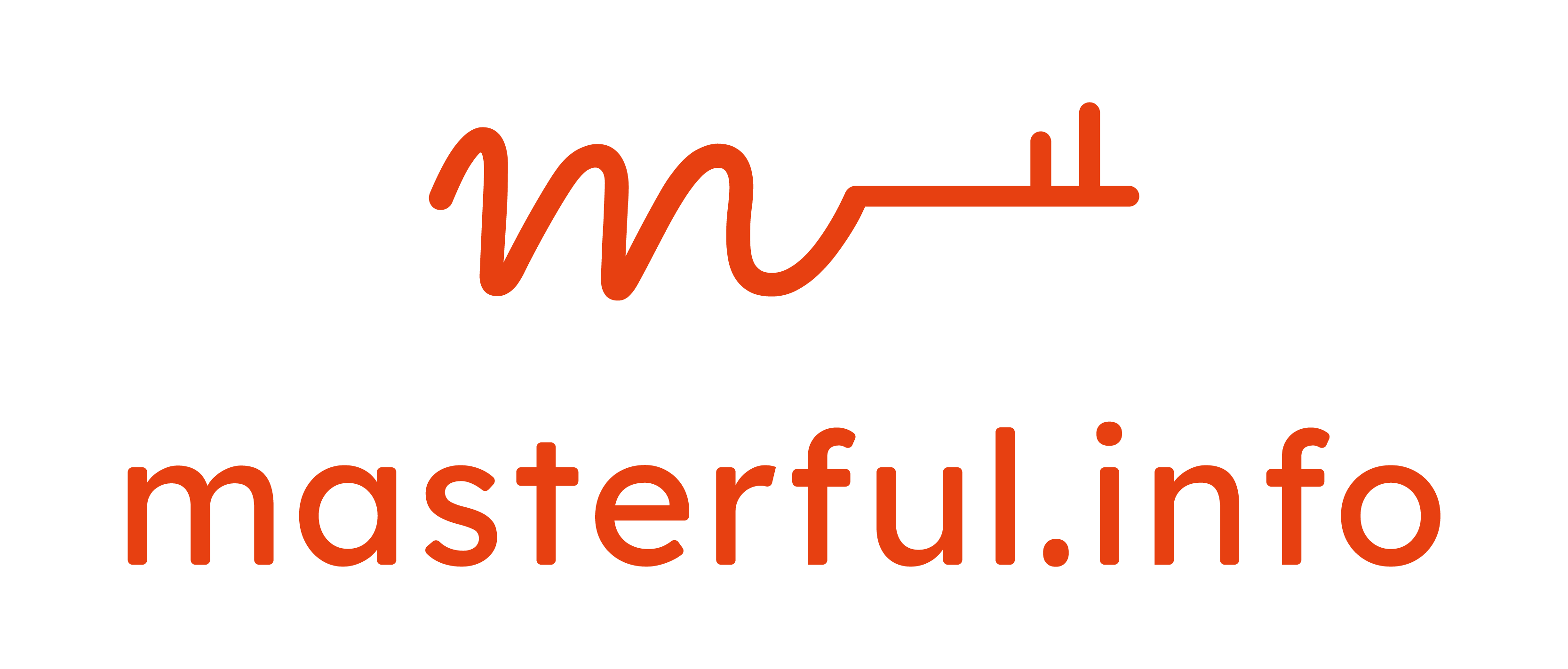To write effective headlines, you need to keep three key elements in mind: highlighting the problem, telling readers what to expect, and promising something the reader wants. Here are some of the psychological principles you can use to make your headlines more effective:
- Use specific and descriptive language. When you are specific about what your article is about, readers are more likely to click through.
- Use positive language. People respond more to headlines that use positive language. Instead of a negative headline, focus on what the reader can achieve by reading the article.
- Use Numbers. Numbers are another powerful tool that can be used to create impactful headlines. When you use numbers in your headlines, it helps to create a sense of structure and organization. Headlines with numbers tend to perform better than those without. For example, a headline that reads “10 Ways to Improve Your Writing Skills” is likely to get more clicks than one that reads “Ways to Improve Your Writing Skills.”
- Use contrast. People are drawn to headlines that contain an element of contrast. Using contrast in your headlines can make them more attention-grabbing.
- Use curiosity. People are naturally curious, and they’re more likely to click on a headline that piques their curiosity. Use questions or make surprising statements to increase curiosity.
- Trigger Emotions. Emotions are a powerful tool when it comes to writing headlines. Emotional headlines tend to get more clicks and shares than neutral ones. When writing a headline, consider the emotions that your target audience is likely to feel. Will they be surprised, intrigued, or amused? Use emotionally charged words to trigger these feelings.
- Create Urgency. Creating a sense of urgency in your headlines can also help to increase blog traffic. Urgent headlines create a sense of FOMO (fear of missing out) and encourage readers to take immediate action. Use words such as “now,” “urgent,” or “limited time” to create urgency in your headlines.
- Use Power Words. Power words are words that have a strong emotional impact on readers. They can be used to create a sense of urgency, excitement, or curiosity in your headlines. Some examples of power words include “secret,” “proven,” “ultimate,” and “amazing.”
The psychology of headlines can make or break whether readers continue reading your article. By using these psychological principles, you can write headlines that are more likely to get attention and clicks, ultimately increasing your blog traffic by ten times or more.





